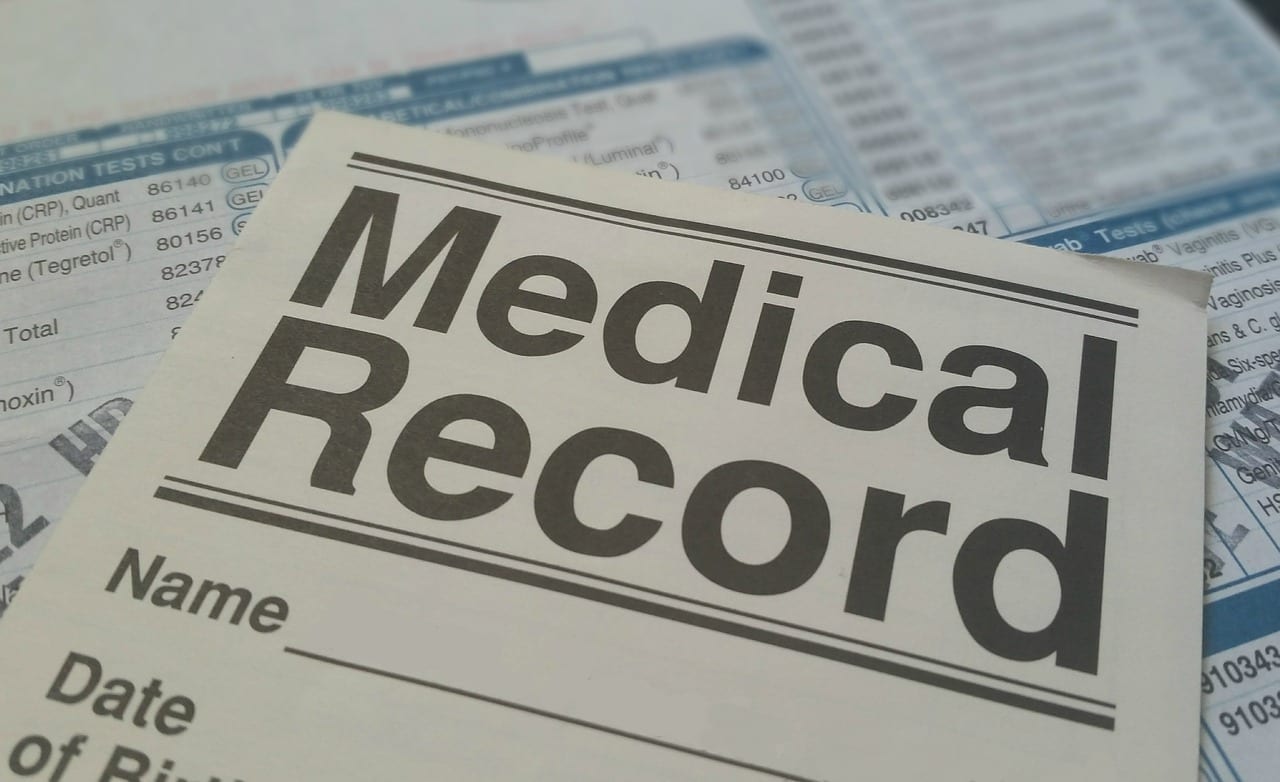Are Smart TVs Spying On Us?
Smart appliances and gear is all the rage today. From smartphones and tablets to smart TVs, we’re surrounding by these nifty gadgets that supposedly make our lives easier and more enjoyable. However, some people are skeptical about their security when using smart devices. Afterall, how many times have we heard the story of someone hacking into a baby monitor to spy on a sleeping infant? It’s every parent’s nightmare. But did you know it’s not only crazy hackers the use smart devices to their advantage? In fact, some companies have been caught using their smart devices to spy on their consumers? Enter Vizio, a company that, according to the Federal Trade Commission (FTC), “used 11 million televisions to spy on its customers.”










